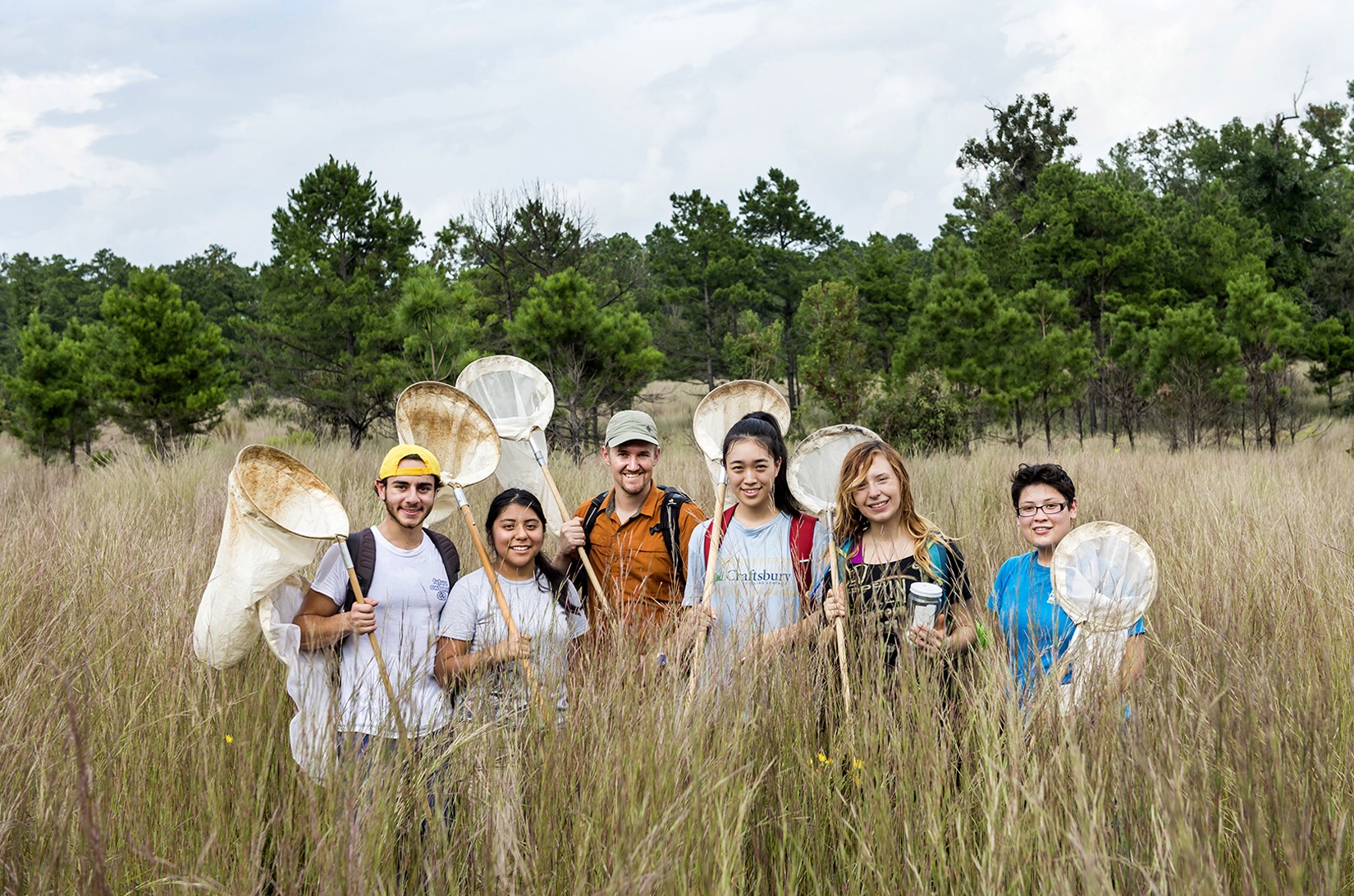Dr. Scott Solomon has recently taught or co-taught the following courses (for a complete list of all courses I have taught, see CV):
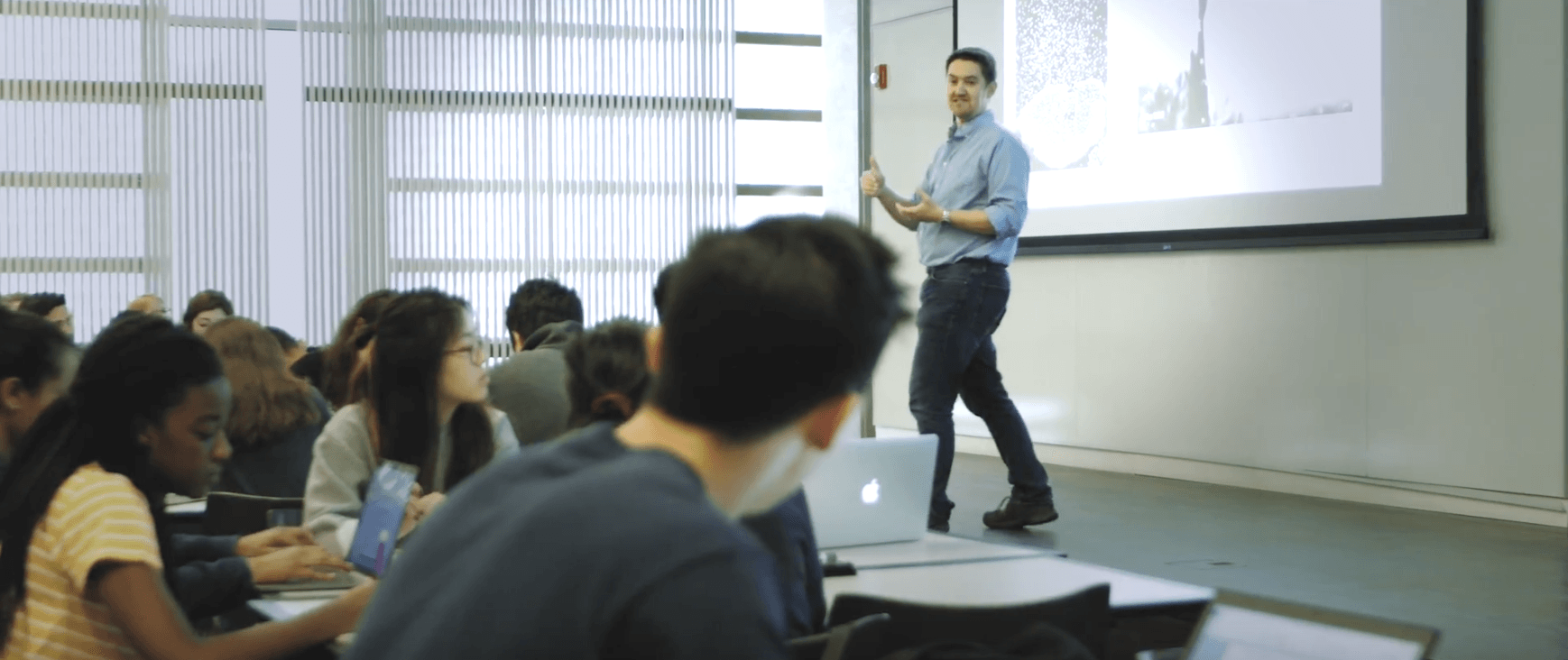
Introductory Biology (BIOS 202) Spring
This is the second in a series of two introductory biology courses (BIOC 201, EBIO 202), offered annually in the Spring. In EBIO 202 students study the variety of life that makes up this planet; they learn about various species, their classification, functions, how they came into existence, and their interactions with each other and their environments. Students learn how evolution is central to a complete understanding of modern biology, and are introduced to the science of ecology and its various sub-disciplines including population ecology, community ecology, and ecosystem ecology. Students learn how a comparative approach offers insight into human anatomy and physiology. The course also touches on conservation biology and restorative ecology. Group discussions allow students to explore these topics in more detail and discover how they are relevant to our everyday lives.
***NEW: An online version of Introductory Biology is available through Rice Online and Coursera! ***
Intro to Experimental Ecology and Evolutionary Biology (BIOS 213) Fall, Spring
This is a two credit, half-semester course that introduces students to the science of ecology and evolutionary biology through hands-on, inquiry-based laboratory and field exercises. The class meets twice a week: a lecture on Mondays introduces the week’s topic; students then attend one of three afternoon lab sections that provide practical experience in the fundamentals of natural history, data collection and analysis, and communication of results.
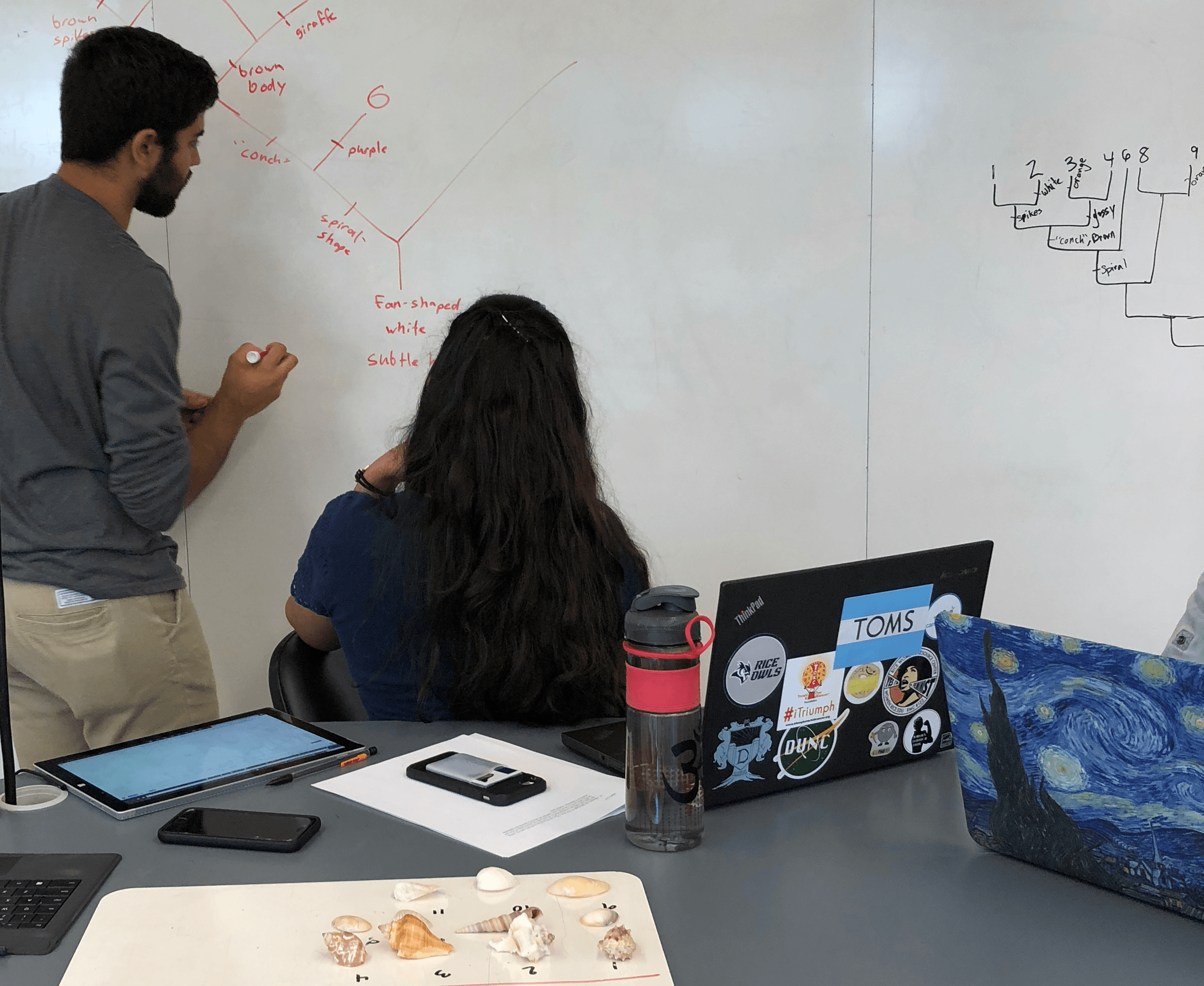
Tropical Field Biology (BIOS 319) Summer Session I
This course takes students to the Central American country of Belize to examine first-hand the biology of the two most diverse ecosystems on earth: the coral reef and the tropical rainforest. Days are spent in the field making observations and collecting data; lectures in the evenings cover topics including diversity of tropical organisms and habitats, rainforest ecology, coral reef biology, historical biogeography, symbiosis, and conservation of tropical biodiversity.
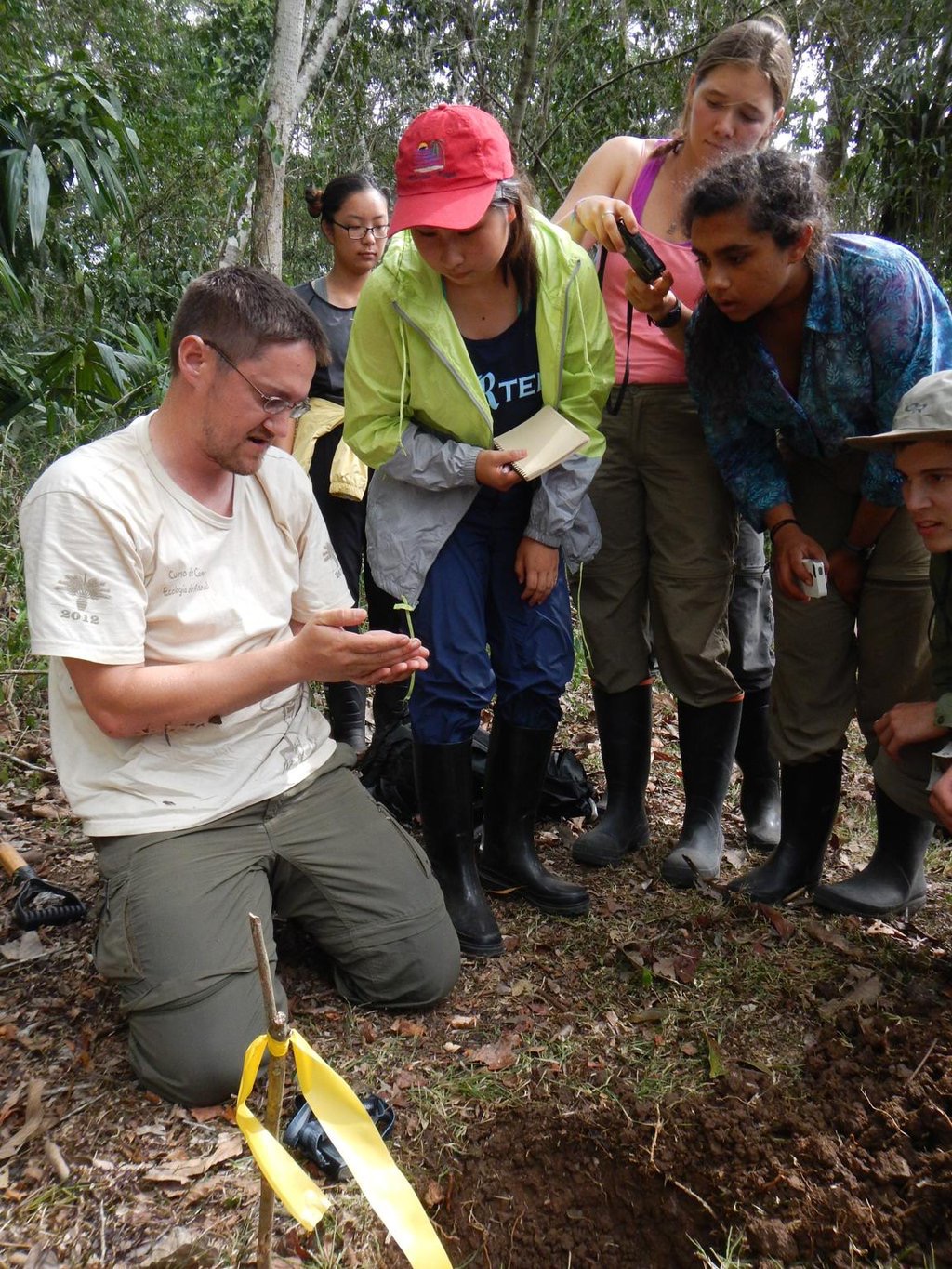
African Savanna Ecology and Paleoecology (BIOS/ANTH 323) Summer

Biological Diversity (BIOS 327) Fall
In this course, students work in groups to design, execute, and communicate the results of a systematic survey of particular groups of organisms in the Big Thicket National Preserve in east Texas. The course includes a weekend field trip to the Big Thicket.
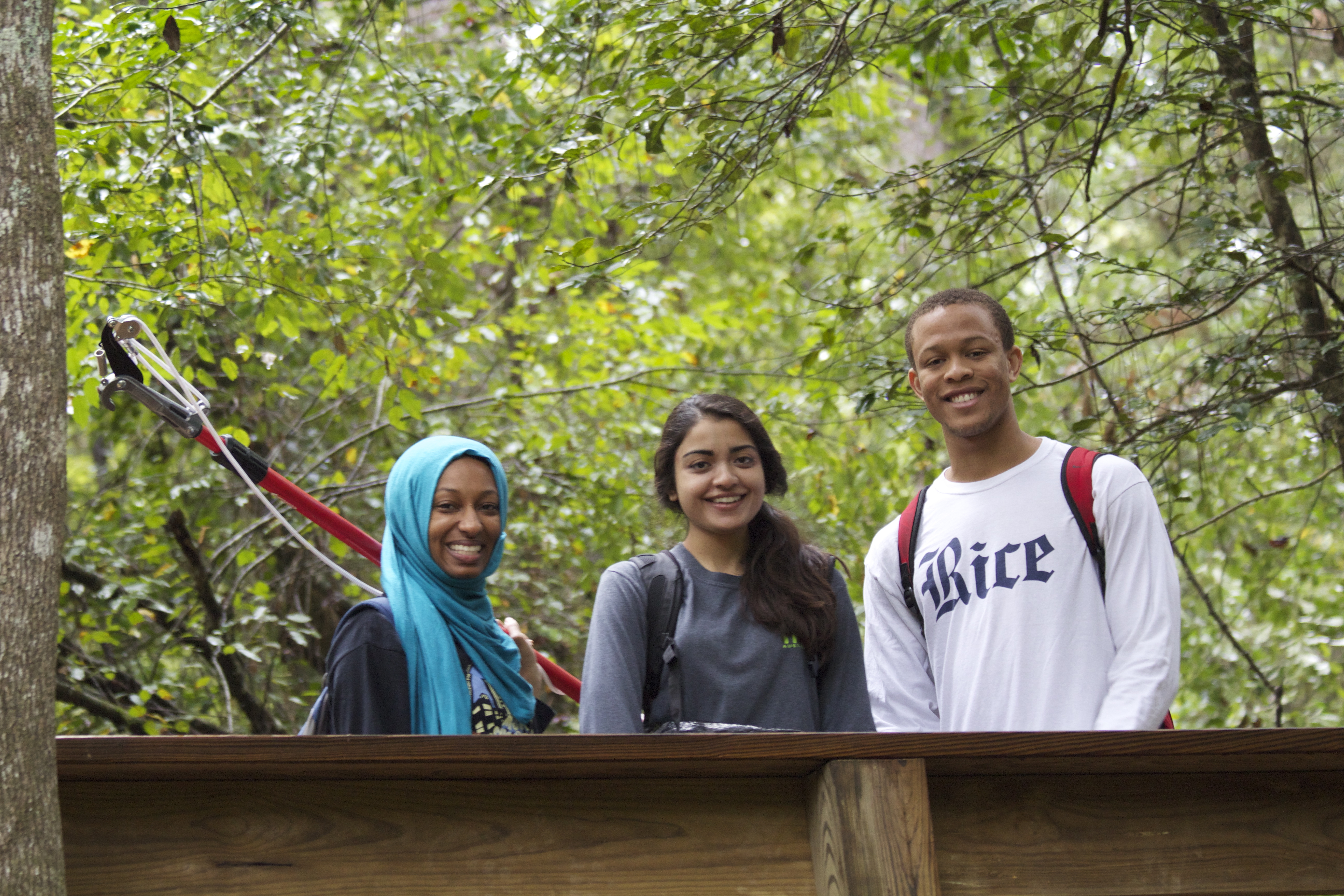
Public Science Communication Seminar (NSCI 320/520) Spring
In this course, students learn from people who regularly communicate about science with general audiences– including writers, photographers, journalists, museum curators, and professors– in order to gain an appreciation for the various types of public science communication, its importance to society, and techniques used in effective public science communication.
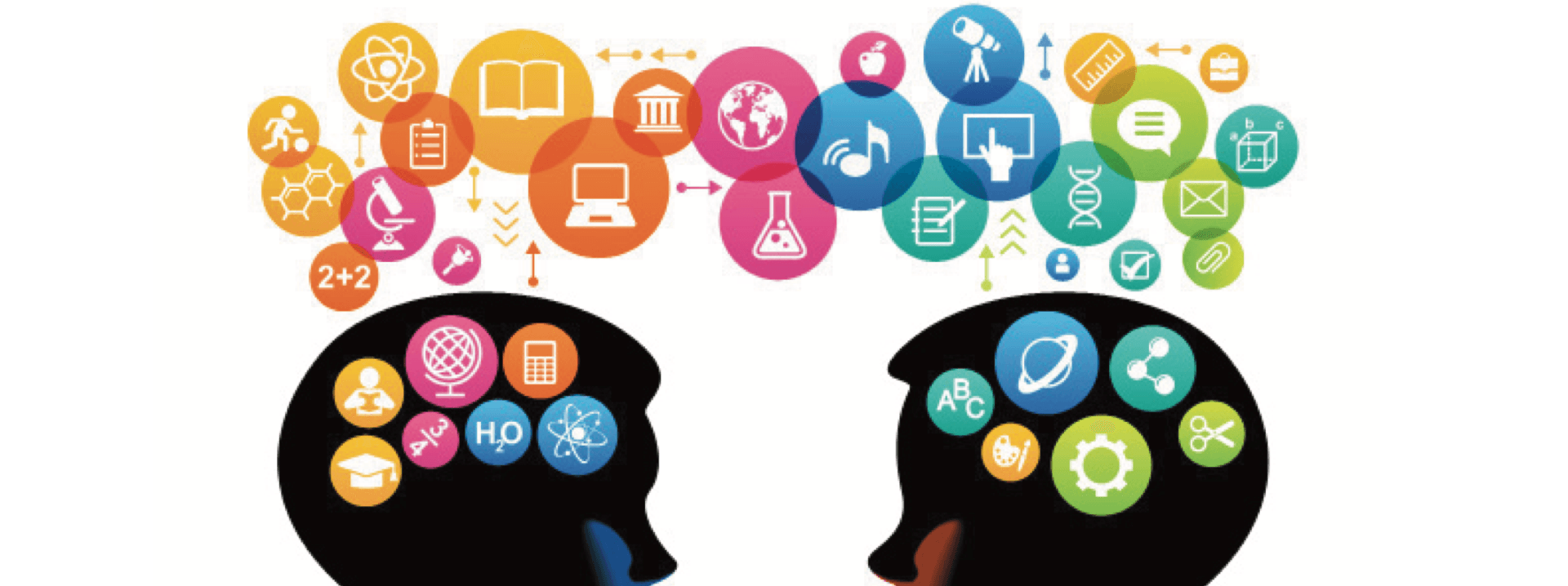
Evolution and Society (Master of Liberal Studies Program)
This course provides an overview of the modern science of evolutionary biology, with a focus on the relevance of evolution for everyday life. Examples include the evolution of antibiotic-resistant bacteria, the controversy surrounding teaching evolution in schools, and the relationship between evolution and religion.

Evolution Since Darwin (Glasscock School of Continuing Studies)
This course begins with Charles Darwin’s around-the-world journey as a naturalist aboard the Beagle and considers how his visit to the Galápagos Islands influenced the development of his ideas. We then examine what Darwin proposed, what evidence exists for his theory and how our understanding of evolution has changed since Darwin’s lifetime. Discover how the genetic revolution—from Mendel’s work on peas to the sequencing of the human genome—has transformed the way scientists study evolution and led to exciting new discoveries. We also consider how evolutionary science is being used to improve human lives, from the prevention and treatment of disease to efforts to extend the human life span—and perhaps even to direct our own evolutionary future.
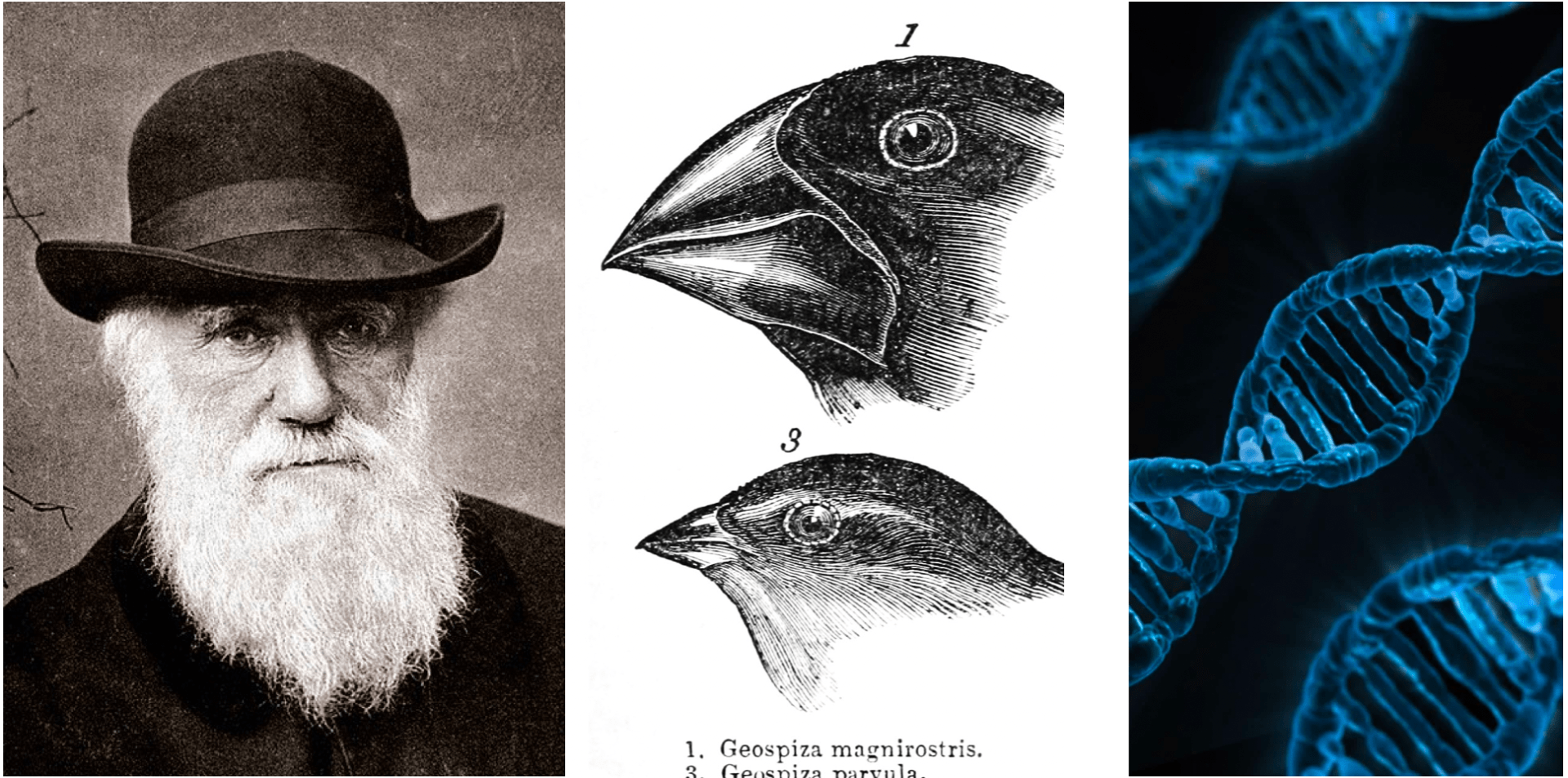
The Future of Human Evolution (Glasscock School of Continuing Studies)
This course draws on research from fields as diverse as genetics, demography, psychology, microbiology and medicine. Explore questions such as how existing technology and modern medicine affect natural selection and consider how future developments—such as germline gene editing and space colonization—may affect the ultimate fate of Homo sapiens.

Methods in Field Ecology (Rocky Mountain Biological Laboratory)
This course is designed as an introduction to the general methods of conducting ecological research in an outdoor setting with a focus on the species and ecosystems of the Rocky Mountains. Open to college students at any institution.
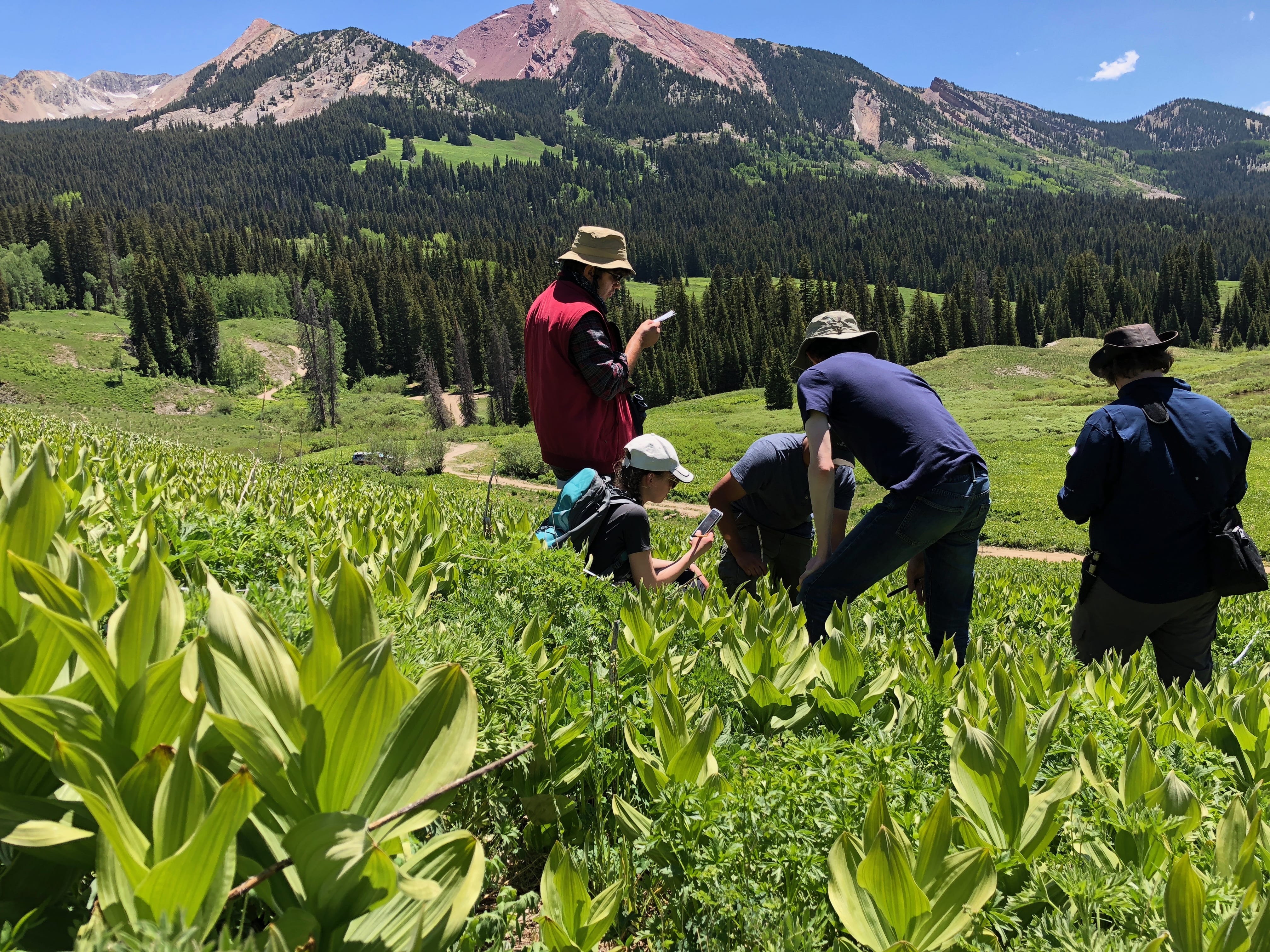
What Darwin Didn’t Know: The Modern Science of Evolution (The Great Courses)
A complete digital course that charts the scientific revolution that has taken place in the science of evolution since Charles Darwin’s lifetime. The course consists of 24 half-hour lectures suitable for curious learners at all levels, no matter what your background in science.
